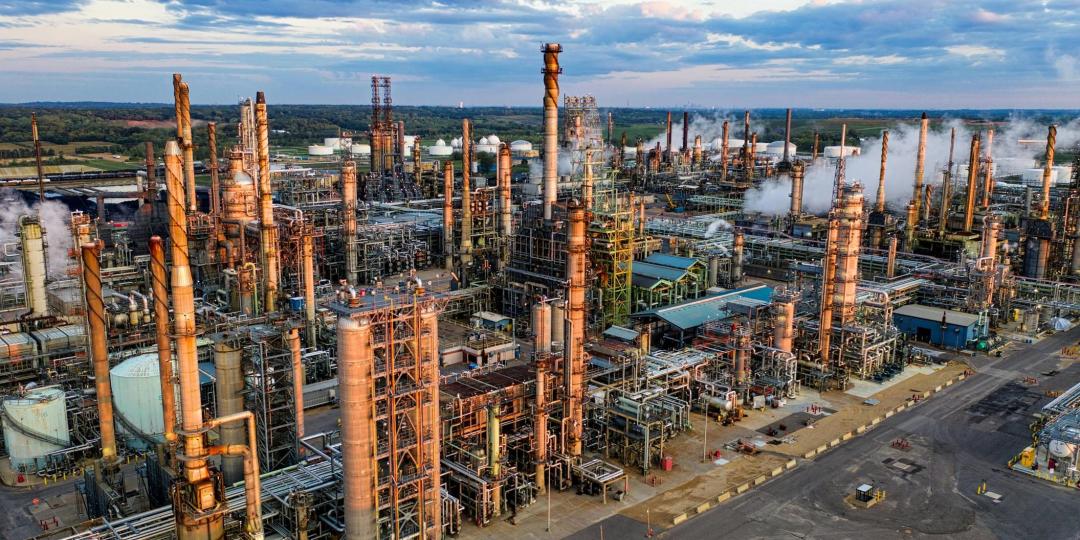Nigerian tycoon Aliko Dangote is exploring an oil trading arm to be set up, possibly in London, to facilitate the management of crude oil and product supply for his new refinery, as disclosed by six sources familiar with the matter.
This initiative would diminish the influence of major global trading corporations, which have been engaged in prolonged negotiations to offer financing and crude oil to the refinery in return for exports of refined products.
Dangote, Africa’s richest person, whose fortune is estimated by Forbes at US$12,7 billion, did not respond to multiple requests for comment.
The colossal refinery, with a capacity of 650 000 barrels per day, is poised to impact the global oil and fuel distribution significantly, garnering close attention from the trading community regarding its operational strategies.
BP, Trafigura, and Vitol, among others, have engaged with Dangote in Lagos and London in recent weeks, offering loans to cover the approximately $3 billion working capital required for the refinery to procure substantial quantities of crude oil, according to trading sources cited by Reuters.
These trading firms proposed repayment of loans through fuel exports but, thus far, no agreements have been finalised as Dangote is apprehensive that such deals might undermine his authority over the project and potentially impact his profits, as per the sources.
Dangote has also engaged with state-backed enterprises in his quest for financial support and crude oil.
“He intends to undertake it independently,” an industry source told Reuters. According to other sources, the newly formed trading unit will be spearheaded by former Essar trader, Radha Mohan, who joined Dangote in 2021 as the director of International Supply and Trading.
Two sources disclosed that the team was in the process of recruiting two additional traders.
The construction of the refinery, which spanned nearly a decade, incurred costs of $20 billion, exceeding the budget by approximately $6 billion.
Between January and February, the plant processed roughly eight million barrels of oil and is expected to reach full operational capacity in the coming months. Sources with insider knowledge revealed that Vitol had pre-paid for some product shipments to aid the refinery in crude oil procurement while Trafigura had executed crude oil swaps in exchange for future fuel shipments.
Both Vitol and Trafigura, headquartered in Geneva, declined to comment.















